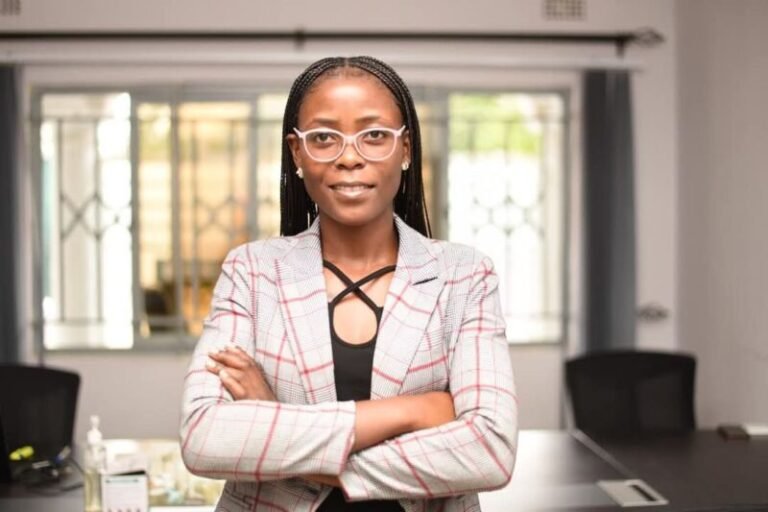Communities sidelined as overseas builders dominate forest offset offers, says Musonda
A number one Zambian authorized skilled has accused carbon offset mission builders of exploiting rural communities by excluding them from key negotiations over land use and revenue-sharing preparations.
Lucy Musonda, Advocate of the Excessive Courtroom and Authorized Researcher on the Centre for Commerce Coverage and Improvement, says Zambia’s push into carbon markets is leaving rural residents with little greater than empty guarantees and restricted entry to their very own land.
“Individuals who have lived on the land for generations are actually being requested to alter how they reside, farm, or harvest with out being given a seat on the desk,” Musonda informed kumwesu in a press release.
She criticized a rising sample by which exterior builders arrive in forested districts with pre-drafted contracts and closed-door negotiations, usually involving solely native chiefs and never the broader neighborhood.
“In some districts, communities are merely informed to recommend what proportion of advantages they’d prefer to obtain,” she stated. “However they’re not informed what the overall worth of the mission is. How can any share be honest if the overall is hid?”
Ms. Musonda, warned that such opacity might backfire. With out transparency and participation, she stated, these initiatives are weak to distrust, disputes, and long-term failure.
“Restrictions on land use are being launched with out correct session,” she added. “This has devastating results on meals safety, conventional livelihoods, and resilience on the native stage.”
She acknowledged challenges equivalent to deforestation and unsustainable land practices in rural areas, however stated these can’t be used as an excuse to disempower the very communities anticipated to uphold conservation targets.
“If something, it proves why partnerships ought to be constructed on mutual respect, shared accountability, and full disclosure.”
Furthers, she pressured that rural communities should be handled not as passive recipients of ‘advantages,’ however as rightful co-owners of the land, the information, and the carbon economic system itself.
“If Zambia needs a reputable and moral carbon market, it should cease treating rural individuals as beneficiaries and begin recognizing them as stakeholders from the very starting.”
By Edwin Daka
KUMWESU Fb Web page

